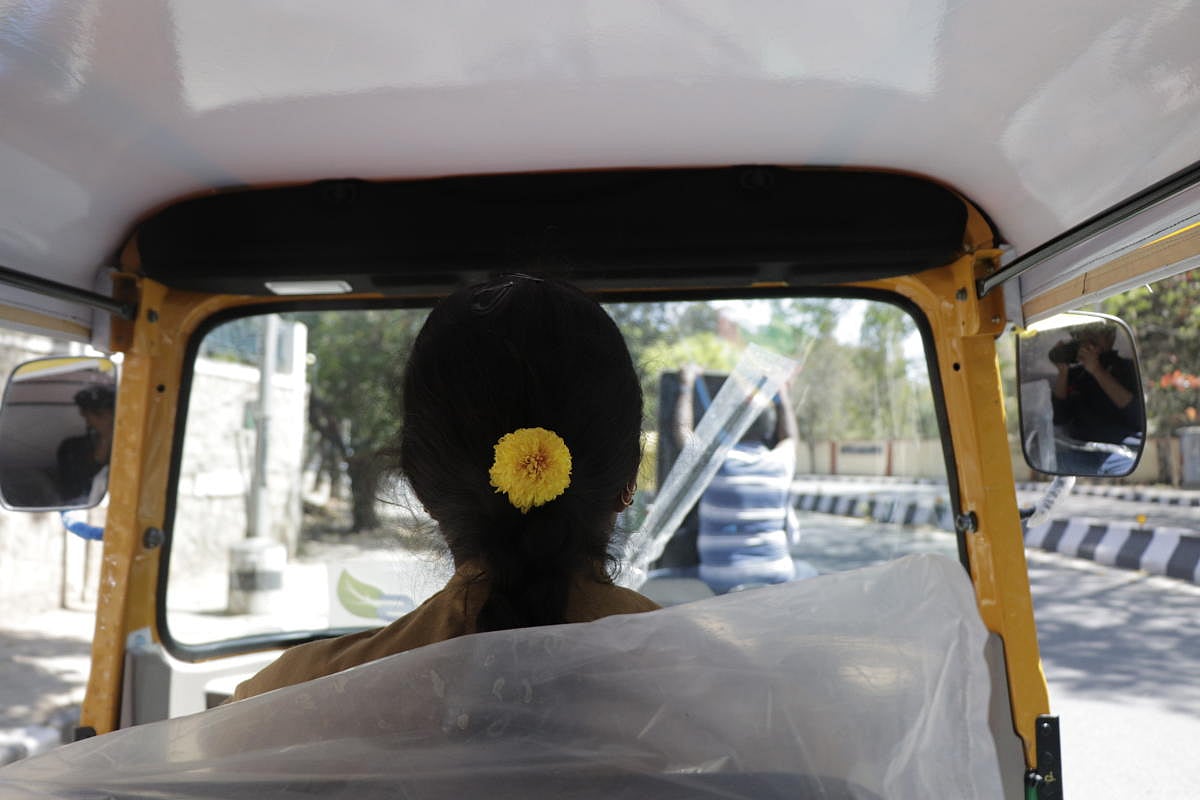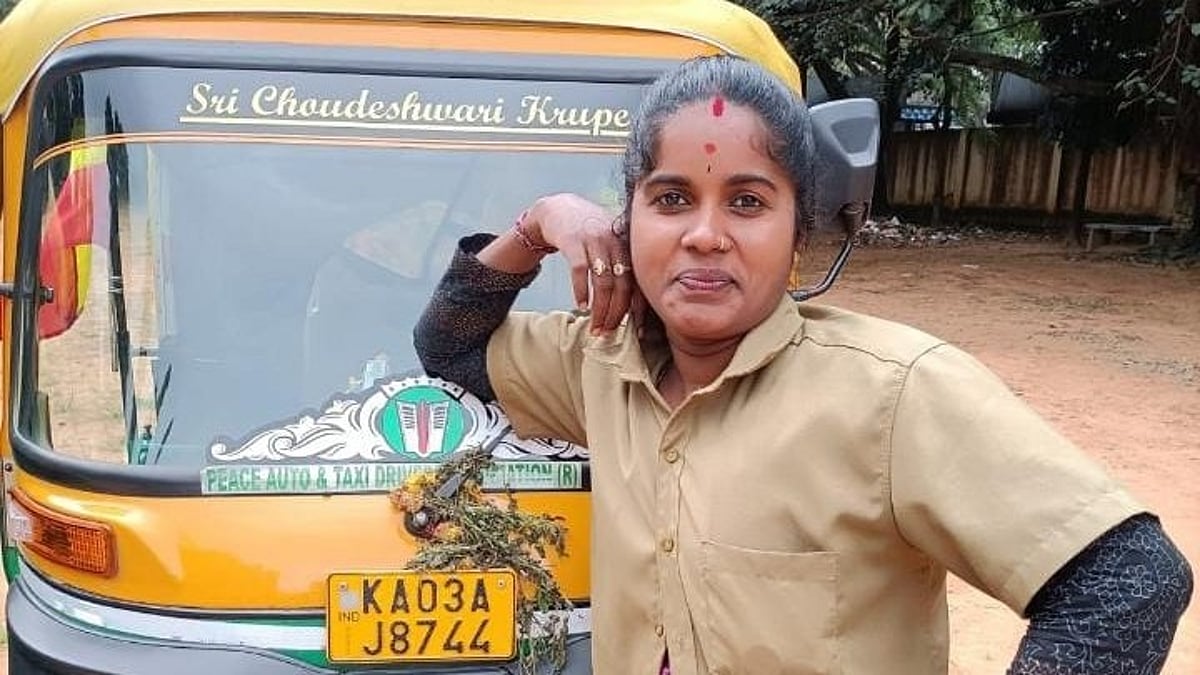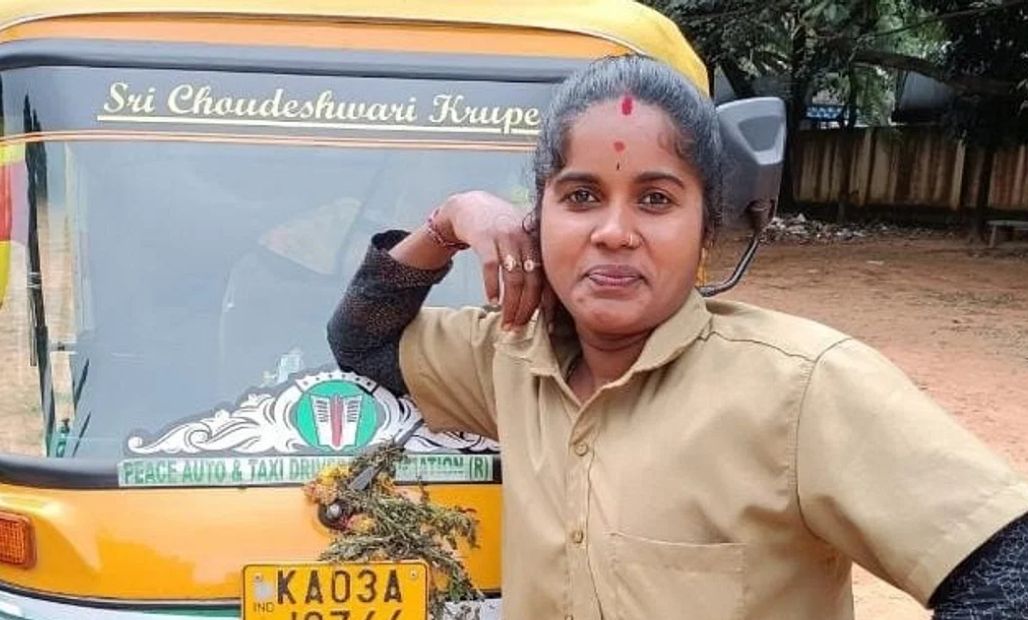The Covid-19 outbreak sparked a notable rise in the number of women taking up auto driving in Bengaluru, ushering in a positive change in their financial stability. While this transition marks a significant milestone, women drivers still face various challenges, including safety concerns and hostility from some of their male counterparts.

Source: DH
The Adarsh Auto Drivers’ Union, housing over 14,000 members in Bengaluru, has recently seen a promising surge in female participation, with 18 women currently registered as members. According to C Sampath, the general secretary of the union, the pandemic-induced job losses coupled with the introduction of electric vehicles have played a vital role in encouraging more women to take up auto driving. The convenience of electric autos, with their simplified driving mechanisms, has particularly appealed to women, making the profession more accessible.
Another prominent association, the Auto Rickshaw Drivers Union (ARDU), counts only one female member, Nagalakshmi S P, who joined the profession to support her family as a single mother. Sharing her experience, she highlights the significant difference in earnings compared to her previous jobs, underlining the financial viability that auto driving has provided. The post-pandemic surge in living expenses has prompted several women to take on multiple part-time jobs, including auto driving, to sustain their households.

Source: DH
K Asharani, another single parent and an experienced auto driver, has not only found financial independence but has also taken the initiative to train other women in the field. Despite the positive changes, women drivers often encounter safety concerns, limiting their operations to daytime shifts. The need to balance work with family responsibilities remains a primary concern, resulting in early evening shifts for most female auto drivers.

Source: The New Indian Express
Nevertheless, the journey for these women drivers is not without its challenges, as they often face hostility and apprehension from their male counterparts. The perceived threat to their jobs has led to defensive behavior and, in some cases, verbal and physical aggression. Asharani emphasizes the necessity of solidarity and mutual respect within the profession to foster a more inclusive and supportive environment for all.





















































































